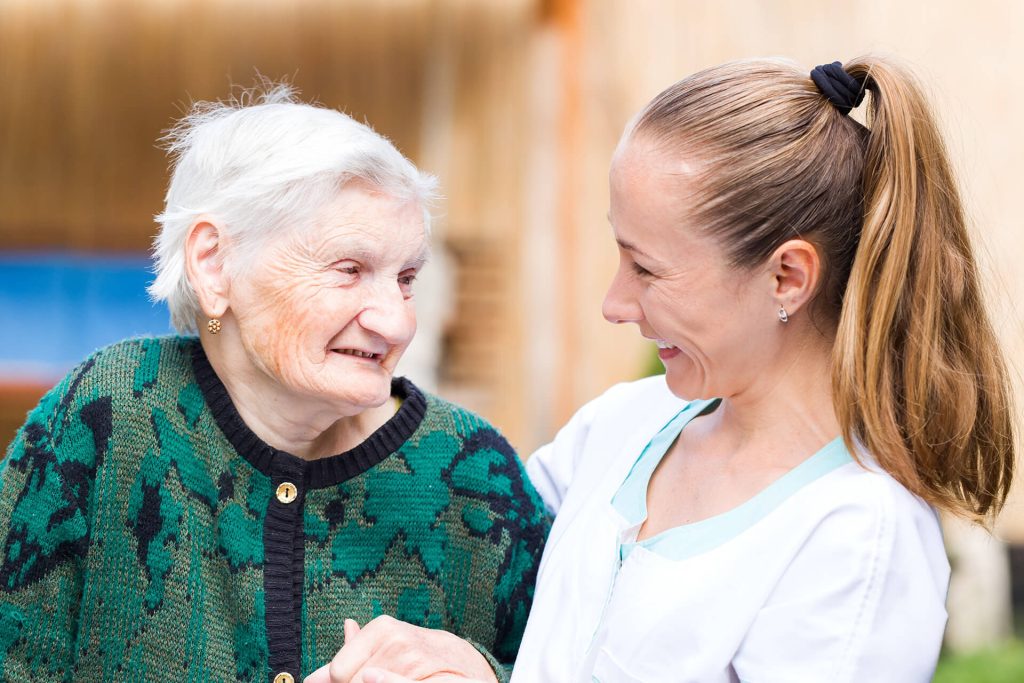Staying active during the winter months is crucial for older adults to maintain physical and mental health. However, cold weather can pose challenges. Here are some winter fitness tips tailored for older adults:
Dress Appropriately
- Layer Up: Wear multiple layers to trap heat and keep warm. Choose moisture-wicking materials as the base layer to keep sweat away from the skin.
- Warm Accessories: Don’t forget hats, gloves, and scarves to protect extremities. Wear thermal socks and waterproof shoes with good traction to prevent slips.

- Reflective Gear: If walking outdoors, wear bright or reflective clothing to be visible during shorter daylight hours.
Warm-Up Indoors
- Start Inside: Begin with indoor stretches or light exercises to warm up muscles and joints before heading outside. This can help reduce the risk of injury.
- Simple Movements: Gentle movements like marching in place, arm circles, and leg swings can prepare your body for outdoor activities.
Stay Active Indoors
- Home Workouts: Use online fitness classes, DVDs, or apps tailored to older adults for indoor workouts. Options like chair exercises, resistance band workouts, or yoga are great choices.
- Strength Training: Incorporate light weights or resistance bands to build and maintain muscle strength, which is important for balance and stability.
- Indoor Walking: Consider walking laps inside your home or at an indoor mall or community center if outdoor conditions are not favorable.

- Use a Support: When doing balance exercises, use a sturdy chair or countertop for support if needed.
Practice Balance Exercises
- Balance Training: Regular balance exercises can help prevent falls. Simple exercises like standing on one foot, heel-to-toe walking, or tai chi can improve stability.
Suspendisse sed nisi lacus sed viverra
Stay Hydrated
- Drink Water: Even in colder weather, it’s important to stay hydrated. Drink water before, during, and after exercise.
- Monitor Caffeine and Alcohol: Limit intake of caffeine and alcohol, as they can lead to dehydration.
Stay Safe Outdoors
- Check the Weather: Avoid outdoor activities during extreme cold, ice, or snow. Opt for milder days or indoor alternatives when conditions are harsh.
- Walk Safely: Stick to cleared, dry paths when walking outside. Use walking poles or a cane with an ice pick attachment for added stability.
- Pace Yourself: Cold weather can be taxing on the body. Take breaks as needed and avoid overexertion.
Keep Moving Throughout the Day
- Break It Up: If it’s difficult to commit to a long workout, break exercise into shorter sessions throughout the day.
- Stay Active with Chores: Household chores like vacuuming, dusting, or laundry can keep you moving and contribute to daily activity goals.
Engage in Winter Sports
- Low-Impact Sports: Consider activities like indoor swimming, water aerobics, or gentle skiing (cross-country or snowshoeing) for cardiovascular health.
- Community Programs: Look for local senior-friendly sports programs or fitness classes that are tailored to winter conditions.
Mind Your Nutrition
- Healthy Diet: Maintain a balanced diet rich in fruits, vegetables, lean proteins, and whole grains to fuel your body during the winter.
- Vitamin D: With less sunlight in winter, ensure you get enough Vitamin D through diet (like fortified foods) or supplements, as it supports bone health and immunity.
Listen to Your Body
- Know Your Limits: Pay attention to how your body feels during and after exercise. If you feel any unusual pain or discomfort, stop the activity and rest.
- Consult Your Doctor: Before starting a new exercise routine, especially in winter, consult your healthcare provider to ensure the activities are safe for you.
Stay Connected and Motivated
- Exercise with Friends: If possible, join a group or exercise with a friend to stay motivated and enjoy the social benefits.
- Set Goals: Set realistic fitness goals for the winter months, whether it’s walking a certain number of steps per day or mastering a new exercise.
Stay Positive
- Embrace the Season: Find joy in winter activities and stay positive about your fitness routine. Enjoy the fresh air, the beauty of winter landscapes, and the satisfaction of staying active.
By following these tips, older adults can safely and effectively maintain their fitness during the winter months, promoting overall health and well-being.




